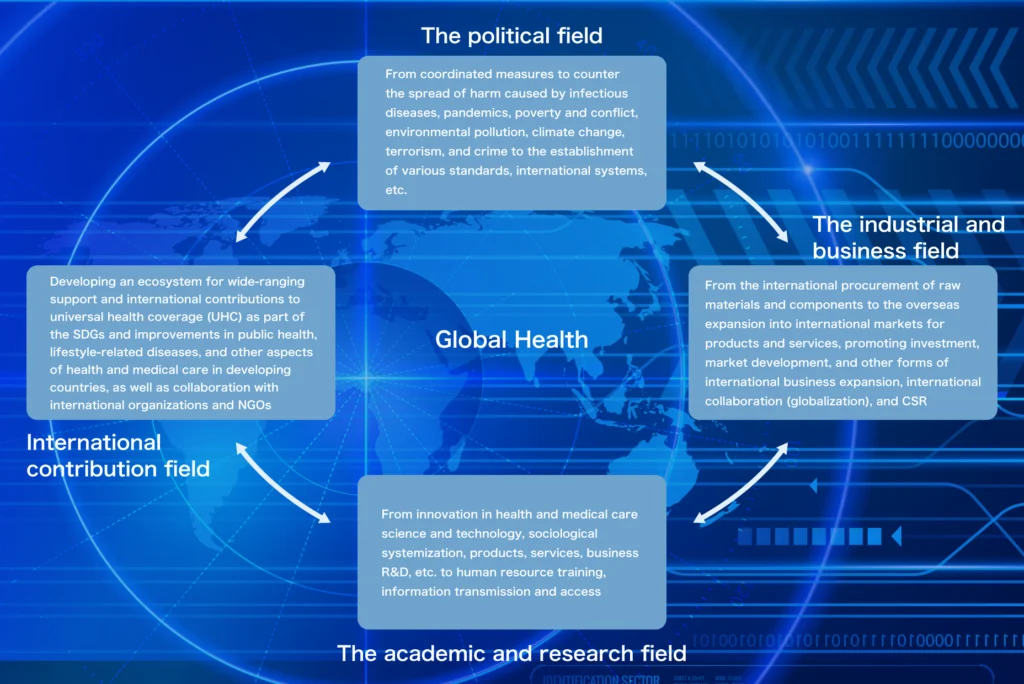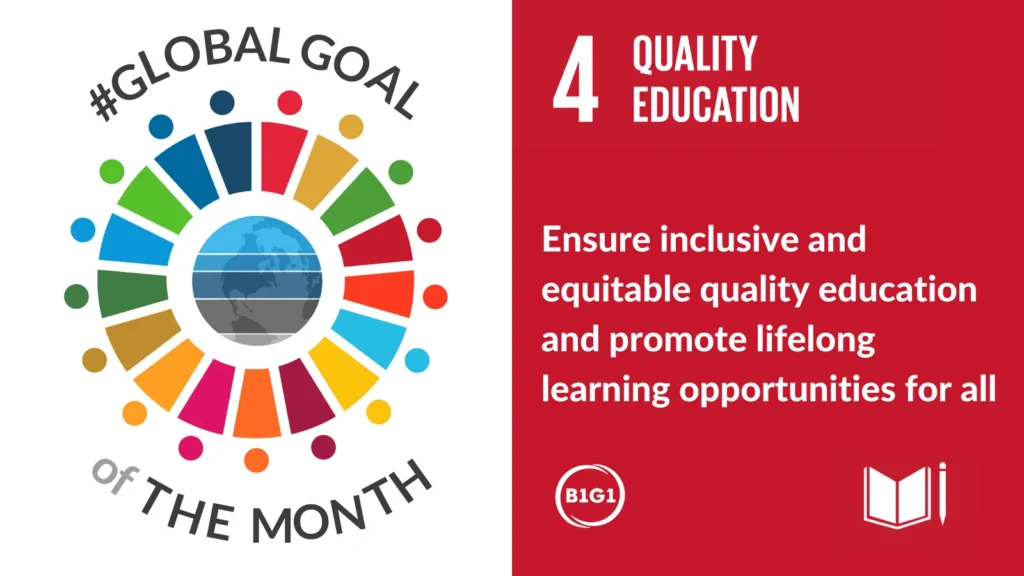Global Health Initiatives have been instrumental in addressing major health challenges around the world. These initiatives have achieved significant successes in improving access to healthcare, reducing the burden of infectious diseases, and promoting public health awareness. However, they also face several challenges such as funding constraints, political barriers, and the need for sustainable, long-term solutions to global health issues. Despite these challenges, Global Health Initiatives continue to play a crucial role in shaping the future of global healthcare.
Many people wonder about the impact of Global Health Initiatives on marginalized communities, the role of technology in advancing these initiatives, and the potential for collaboration with local healthcare systems. Additionally, the effectiveness of advocacy efforts, the involvement of private sector partnerships, and the integration of mental health services within these initiatives are also areas of interest. These aspects contribute to the ongoing discourse and evaluation of the successes and challenges of Global Health Initiatives.
1. Introduction to Global Health Initiatives
Global health initiatives refer to efforts, programs, and strategies aimed at improving the health outcomes of populations worldwide. These initiatives often involve collaboration between governments, non-governmental organizations, and international agencies to address pressing health issues such as infectious diseases, maternal and child health, and access to essential medicines. The primary goal of global health initiatives is to reduce health disparities, promote health equity, and strengthen health systems in low- and middle-income countries.
Global health initiatives have gained prominence in recent decades, with significant investments from public and private sectors. These initiatives have played a crucial role in addressing major health challenges, such as the global HIV/AIDS epidemic, malaria, tuberculosis, and immunization programs. While there have been notable successes, global health initiatives also face various challenges related to sustainability, coordination, and long-term impact.
2. Successes in Global Health Initiatives
Global health initiatives have achieved notable successes in reducing the burden of specific diseases and improving health outcomes in many regions. For example, initiatives such as the Global Fund to Fight AIDS, Tuberculosis and Malaria have contributed to significant reductions in the incidence and mortality of these diseases through funding treatment and prevention programs. Additionally, global immunization efforts, led by organizations like Gavi, the Vaccine Alliance, have helped increase vaccination coverage and reduce childhood mortality rates.
Furthermore, global health initiatives have played a critical role in advancing maternal and child health, with initiatives like the Every Woman Every Child campaign leading to improvements in access to essential maternal and child health services. These successes demonstrate the impact of coordinated, multi-sectoral efforts in addressing complex health challenges and saving lives on a global scale.
3. Challenges in Global Health Initiatives
Despite their successes, global health initiatives face various challenges that can hinder their effectiveness and sustainability. One of the primary challenges is the issue of funding uncertainty and dependency on donor contributions. Many global health initiatives rely heavily on donor funding, which can be unpredictable and unsustainable in the long run, leading to gaps in program implementation and service delivery.
Another challenge is the need for better coordination and integration of efforts among various stakeholders. Fragmentation and duplication of programs can lead to inefficiencies and limited impact, highlighting the importance of harmonizing approaches and building strong partnerships among organizations and governments involved in global health initiatives.
4. Impact of Global Health Initiatives on Health Systems
Global health initiatives have had a significant impact on strengthening health systems in low- and middle-income countries. By investing in infrastructure, training health workers, and improving access to essential medicines, these initiatives have contributed to building more resilient and responsive health systems. For example, initiatives focused on HIV/AIDS have led to the expansion of healthcare infrastructure and the integration of HIV services into primary healthcare settings, benefiting not only those affected by HIV but also the broader population.
Furthermore, global health initiatives have helped catalyze policy changes and investments in health workforce development, disease surveillance, and emergency preparedness, contributing to overall improvements in the capacity of health systems to respond to a wide range of health challenges, including pandemics and outbreaks.
5. Equity and Access in Global Health Initiatives
Equity and access are central principles of global health initiatives, aiming to ensure that all individuals, regardless of their socioeconomic status or geographic location, have the opportunity to access essential health services. Initiatives focused on universal health coverage and financial protection, such as the World Health Organization’s efforts to expand access to primary healthcare, have contributed to reducing disparities in access to care and improving health outcomes for marginalized populations.
However, challenges persist in achieving equity and access, particularly in reaching remote and underserved communities. Global health initiatives need to prioritize strategies that address geographical barriers, cultural sensitivities, and socioeconomic inequalities to ensure that the most vulnerable populations are not left behind in the pursuit of better health for all.
6. Innovation and Technology in Global Health Initiatives
Innovation and technology play a crucial role in advancing global health initiatives, offering new solutions to complex health challenges and improving the delivery of healthcare services. Initiatives leveraging digital health technologies, such as mobile health applications and telemedicine, have expanded access to healthcare in remote areas and facilitated the monitoring of disease outbreaks and the delivery of essential health information.
Furthermore, investments in research and development through global health initiatives have led to breakthroughs in diagnostics, treatments, and vaccines for diseases such as malaria, tuberculosis, and neglected tropical diseases. Embracing innovation and technology is essential for the continued success of global health initiatives in addressing evolving health threats and improving the efficiency of health systems.
7. Lessons from Global Health Initiatives for Future Challenges
Global health initiatives have generated valuable lessons that can inform approaches to future health challenges. One key lesson is the importance of community engagement and empowerment in the design and implementation of health interventions. Initiatives that have effectively involved communities in decision-making and program delivery have demonstrated greater acceptance and sustainability of health interventions.
Additionally, the need for flexibility and adaptability in responding to dynamic health challenges has been underscored by global health initiatives. The ability to adjust strategies based on emerging evidence and changing contexts is crucial for effectively addressing new and evolving health threats, such as emerging infectious diseases and the impact of climate change on health.
8. Partnerships and Collaboration in Global Health Initiatives
Partnerships and collaboration are fundamental to the success of global health initiatives, bringing together diverse expertise and resources to address complex health issues. Public-private partnerships, in particular, have played a significant role in leveraging the strengths of both sectors to drive innovation, scale up interventions, and strengthen health systems. For example, partnerships between pharmaceutical companies and public health agencies have facilitated the development and distribution of essential medicines and vaccines for global health priorities.
Fostering collaboration among governments, civil society organizations, academia, and the private sector is essential for maximizing the impact of global health initiatives and ensuring sustainable progress toward global health goals. By sharing knowledge, resources, and best practices, partnerships can amplify the reach and effectiveness of interventions and contribute to building stronger, more resilient health systems.
9. The Role of Advocacy and Policy in Global Health Initiatives
Advocacy and policy engagement are critical components of global health initiatives, shaping the enabling environment for health interventions and mobilizing support for health priorities. Effective advocacy efforts have been instrumental in securing political commitment, financial resources, and policy reforms to advance global health agendas, such as the elimination of mother-to-child transmission of HIV and the control of non-communicable diseases.
Furthermore, global health initiatives have influenced global and national health policies, driving the adoption of evidence-based strategies and frameworks for addressing key health challenges. By advocating for policies that prioritize health equity, community participation, and sustainable financing, these initiatives have contributed to shaping a more conducive environment for improving health outcomes and advancing the right to health for all.
10. The Future of Global Health Initiatives
The future of global health initiatives holds both opportunities and challenges as the world continues to grapple with existing and emerging health threats. Sustaining the momentum of progress achieved by current initiatives will require continued investment, innovation, and a renewed commitment to addressing health disparities. Embracing a holistic approach to health, integrating efforts across sectors, and prioritizing health security and preparedness will be essential for mitigating future risks and promoting global health equity.
Furthermore, the COVID-19 pandemic has underscored the interconnectedness of global health and the need for collective action to address health emergencies. The lessons learned from the pandemic are likely to shape the future direction of global health initiatives, emphasizing the importance of resilience, solidarity, and equity in responding to complex health challenges on a global scale.
| Successes | Challenges |
|---|---|
| Increased access to healthcare services | Lack of funding |
| Improved healthcare infrastructure | Political instability |
| Reduced disease burden | Healthcare workforce shortages |
| Enhanced public health education | Barriers to healthcare delivery in remote areas |




